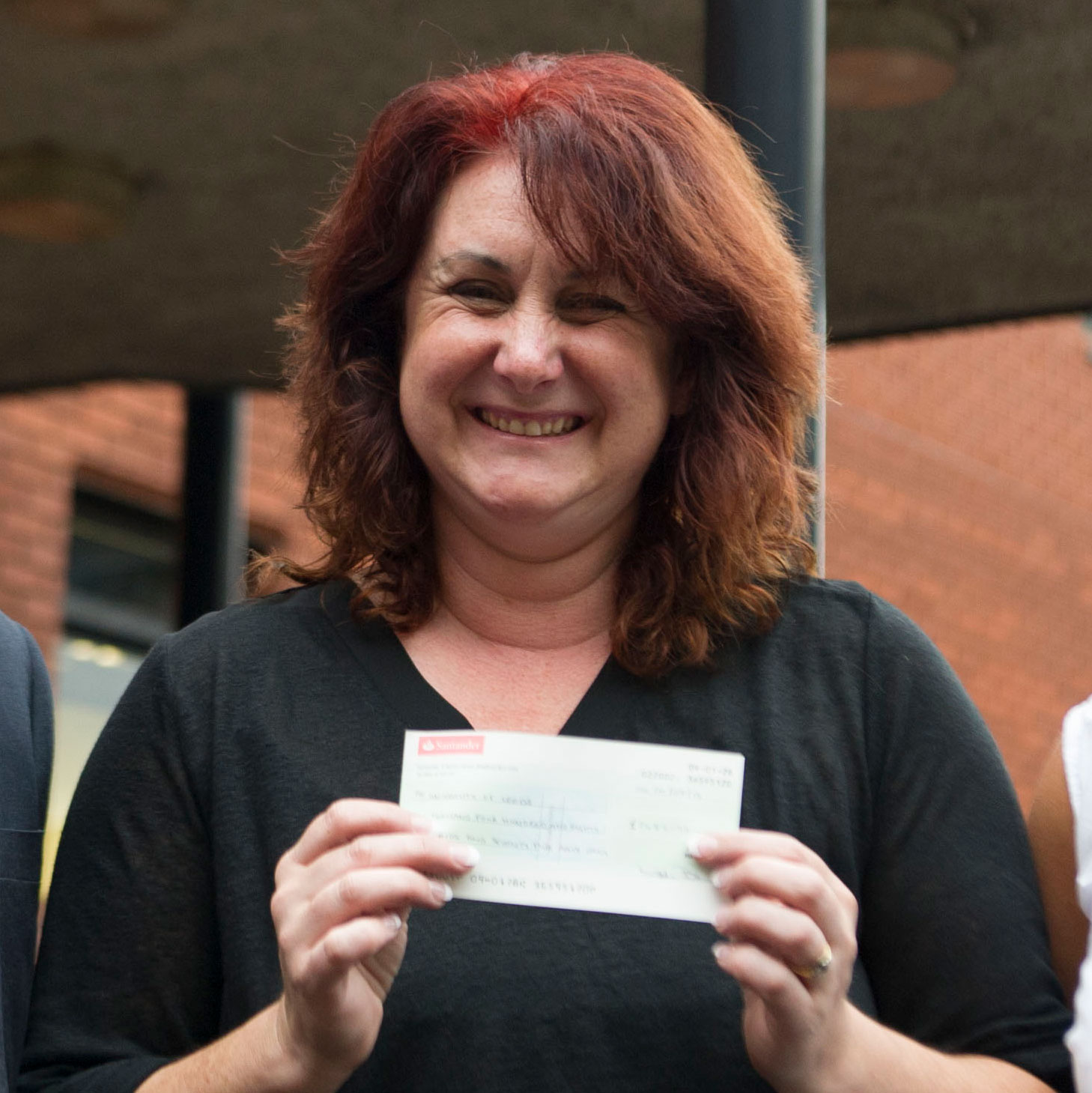Our Stories

Natalie Bruce lives and works as a specialist carer in South Yorkshire. Natalie only discovered she had Malignant Hyperthermia (MH) when her brother, Warren Flood, died unexpectedly during surgery in 2008. Subsequent testing showed that Warren had suffered a reaction as a result of the genetic condition, MH. Until that point no one in Natalie and Warren’s family were aware of MH or its consequences.
Following their devastating loss, all other family members were tested, with both Natalie and her father both testing positive for MH. Having received help and support from the MH unit at St James’s hospital in Leeds, Natalie has now been reassured that neither of her children have MH.
She is now a regular supporter and volunteer for the unit and recently raised a staggering £1,500 by organising a music event, held in memory of Warren.
Jean Burton represents one of four generations of family members to be affected by the genetic condition, Malignant Hyperthermia (MH). The Burton family have also played a pivotal role in the extensive research and advance of knowledge in to the condition.
Sadly, Jean’s older sister, Patricia, died as a result of the condition during a routine operation in the 1960’s. Several years later, Jean’s mother was contacted by Professor Richard Ellis from the University of Leeds who had been asked to investigate the case and he asked whether it would be possible to test other members of the family.
It was Jean’s brother, David, who provided Richard Ellis with a sample of muscle tissue, which became the first-ever confirmed contracture test for MH in the UK. Since that time, all members of Jean and David’s family, have all been tested for MH. Those family members who have a confirmed diagnosis for MH all manage the condition well, including Jean and David’s mother, now in her 90s, and Jean’s youngest grandchild, who was recently tested at the age of 12.”
You can see Jean Burton talk about her experience of MH as well as Richard Ellis talking about his discovery, on our video here.
“I would urge any family newly diagnosed with MH to please take it seriously. Inform your relatives, tell the professionals, carry a card and/or wear a warning disc.”
Alison Winks and her husband tragically lost their young son, John, 34 years ago. Despite having had six uneventful operations previously, John had MH and suffered a reaction during surgery. He was just seven years old. At the time there was very little knowledge amongst both the medical professional and the public about the condition. As a result, Alison founded the first British Malignant Hyperthermia Association.
Here Alison shares her family’s own experience with MH and explains her reasoning for setting up the BMHA.
“Both our children (a girl and boy) were born with cleft lip and palate, so hospital visits and operations became a way of life. Our daughter had experienced three operations and our son, John, had six previous operations with no problems whatsoever. Then, in January 1982, he went into hospital for his 7th operation. He was a cheerful, mischievous, beautiful, blond 7 year old.
As usual, I went to the hospital to be there when he came back from the operation. Then the bombshell hit. There had been problems during the operation, the anaesthetic had caused his muscles to contract violently and upset all his body chemistry, and by the time they noticed his rise in temperature it was very difficult to do much about it. He had been first on the list, but it took until mid afternoon before he was stable enough to be taken to Intensive Care. My husband left work and rushed to the hospital and we were allowed to sit with him. We sat helpless, whilst more people than I can remember fought to save his life. There were drips, dialysis, tubes, monitors. We kept telling ourselves that they do amazing things these days, but despite all efforts he died later that evening.
The problem, we were told, was something called Malignant Hyperthermia (or Hyperpyrexia as it was called back then). Not only did it cause all this disruption to the body chemistry, it was also hereditary. We all needed to be tested with a muscle biopsy in Leeds under anaesthetic! All of our immediate relatives had to be warned in case they needed anaesthesia, until we knew which side of the family was affected.
I was tested first (my mother had had several serious problems with operations), but I was negative. My husband and daughter were both positive.
I worked for the Health Service, but soon found that very few people had heard of MH. The more I found out, the more I felt there was a need to publicise this more, make professionals more aware, try to prevent other families going through what we had.
With the backing of the Leeds MH Unit, I set up the British Malignant Hyperthermia Association. Other families joined and we were able to fulfil our aims of helping MH families and aiding research for over 33 years. Whilst we have had to close as a charity, we have left behind a legacy in the form of the UK Malignant Hyperthermia Registry, funded by an endowment from BMHA.
I would urge any family newly diagnosed with MH to please take it seriously. Inform your relatives, tell the professionals, carry a card and/or wear a warning disc. It is thankfully very, very rare for anyone to die these days, but it is still a serious problem if not handled properly. Please be safe.”